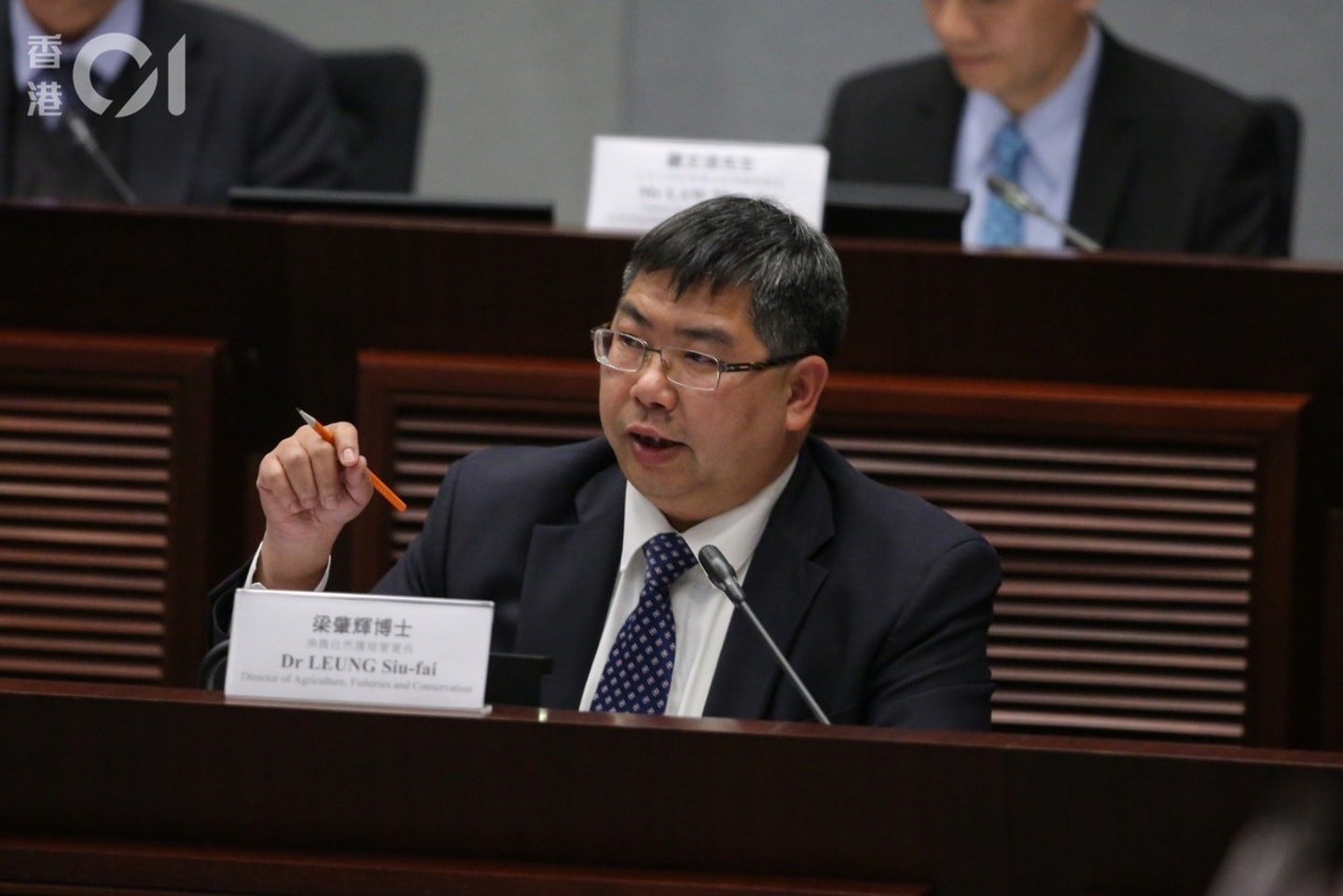Animal welfare involves the quality of life of an animal and may include aspects such as the animals’ physical health, psychological states, and the ability to express natural behaviors. The topic of animal welfare has become increasingly popular around the globe in recent years.
On April 26th, the Agriculture, Fisheries and Conservation Department (AFCD) of Hong Kong announced that they would be consulting the public about several proposals to enhance animal welfare in Hong Kong until July 31th, 2019.

The current animal law in Hong Kong is called the Prevention of Cruelty to Animals Ordinance (Cap. 169), introduced in 2006. Although the current legislation bans and penalizes cruel acts towards animals, it does not promote or define good animal welfare. Drawing from animal welfare laws from various foreign places such as Macau, Singapore, California, and New Zealand, the AFCD’s strategy to amending this law is threefold.
Firstly, the amendment would introduce a positive “Duty of Care” on persons responsible for animals to enforce the fulfillment of the animals’ welfare needs so that animals could be protected before they are suffering. Should the bill be passed, public officers would be able to issue an “improvement notice” to people not fulfilling the duty of care and set an appropriate penalty.
Secondly, the maximum penalty for animal cruelty offenses would be increased based on public opinion. In the feedback form at the end of the public consultation document, the public could choose from different lengths of imprisonment ranging from four to ten years. The court would also be able to disqualify someone from keeping animals should they be convicted of an animal cruelty offense. The current version of Cap. 169 has a maximum penalty of three years’ imprisonment and a fine of $200,000 Hong Kong Dollars (approx. $25,000 USD).
Thirdly, public officers would be enabled to enter premises and seize animals with the purpose to prevent animal suffering. As some cases may take months to complete, the seized animals would also be released and rehomed under certain circumstances (e.g., the owner surrendered the animal and the court no longer required it for evidence purposes).

The director of AFCD, Dr. Leung Siu-Fai, stated in a public event that the AFCD had been actively working with Hong Kong Police Force (HKPF) and the Hong Kong Society for the Prevention of Cruelty to Animals (SPCA HK) to enforce Cap. 169, and that was the reason why the amendment did not include the establishment of animal police officers. After the amendment bill passes, the AFCD would work on mobilizing personnel to enhance the enforcement of the law.

Member of the Legislative Council and an animal advocate, Roy Kwong Chun-yu, stated that he would be initiating large-scale public demonstrations to invite more members of the public to submit their opinions to the AFCD. Kwong also pointed out that though the HKPF set up animal task forces in 22 police districts, there were only a total of 30 enforcers of Cap. 169.

If the general public wishes to give comments on the matter, they can download the consultation document from the proposal website below and submit their feedback through email, fax or mail.
Update: On May 19th, Roy Kwong Chun-yu, local celebrities, and animal advocate groups rallied over 6,000 people in a march through the streets of Hong Kong towards the government headquaters. They were wearing red ribbons that represent the blood of the animals that were abused or killed.

All Information comes from:
Translated by Dule and Andrea Jia
Edited by Andrea Jia and Riley Peng @ Animal Dialogue
